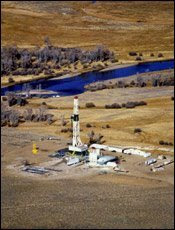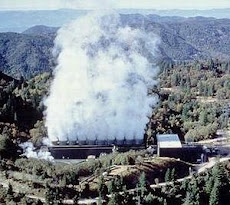Natural resources often lie at the heart of wars and civil strife. Huge mining and resource companies like ExxonMobil and BHP Billeton maneuver for control of enormously valuable oilfields and mineral lodes. There are many other players, including shadowy resource traders, smugglers, corrupt local officials, arms dealers, transport operators and mercenary companies. Increasing scarcity of resources further sharpens such conflicts, in which powerful governments and their military/intelligence arms are always deeply involved.
This section posts many Key Documents, including UN reports and resolutions, as well as key NGO reports. These materials have helped raise public awareness and catalyzed global advocacy movements, putting the spotlight on clandestine networks, big resource companies and complicit governments North and South.
A high-profile campaign has targeted the bloody consequences of the mining and trade in Diamonds. In Angola, rebel groups financed a long, violent civil war by selling diamonds on the black market. Other countries, especially in Africa, have been plagued by diamond-related conflicts.
Oil and Natural Gas are the world's most valuable traded resources and probably the most conflict-prone. This section illustrates how the world's great companies in the sector, like Exxon, Shell, Total, and Lukoil, roam the planet in search of new reserves, often generating wars and civil conflicts as they vie (with help from their governments) for control of the hugely profitable fields.
Water may be a "renewable" resource, but growing consumption puts increasing pressure on the world freshwater supplies. Local conflicts over water have long existed, but today a combination of water shortage and transboundary waterways gives rise to escalating international conflicts. Timber is another source of deadly conflict, as the world's forests disappear, timber prices soar, and illegal logging thrives in war zones.
Minerals such as cobalt, coltan, copper, uranium and gold have fueled many civil and interstate wars in Africa. Sometimes these minerals provide rebel groups with revenue to purchase arms, and sometimes they provide governments with the resources to establish a repressive military presence in mineral-producing regions. We also provide a number of General Articles, Analysis and Debate. These materials help to clarify the discussion, identify proposals for policy change and examine the possibilities for effective action.
Click on title above to see how you can help fight for preservation of the worlds natural places and spaces;
http://globalpolicy.org/the-dark-side-of-natural-resources.html
Wednesday, January 27, 2010
Subscribe to:
Post Comments (Atom)



















No comments:
Post a Comment